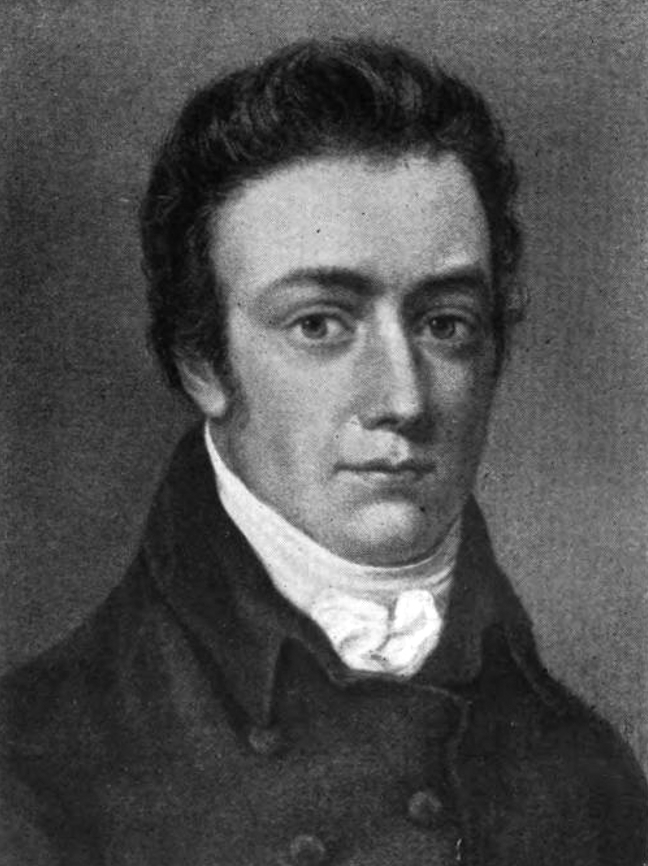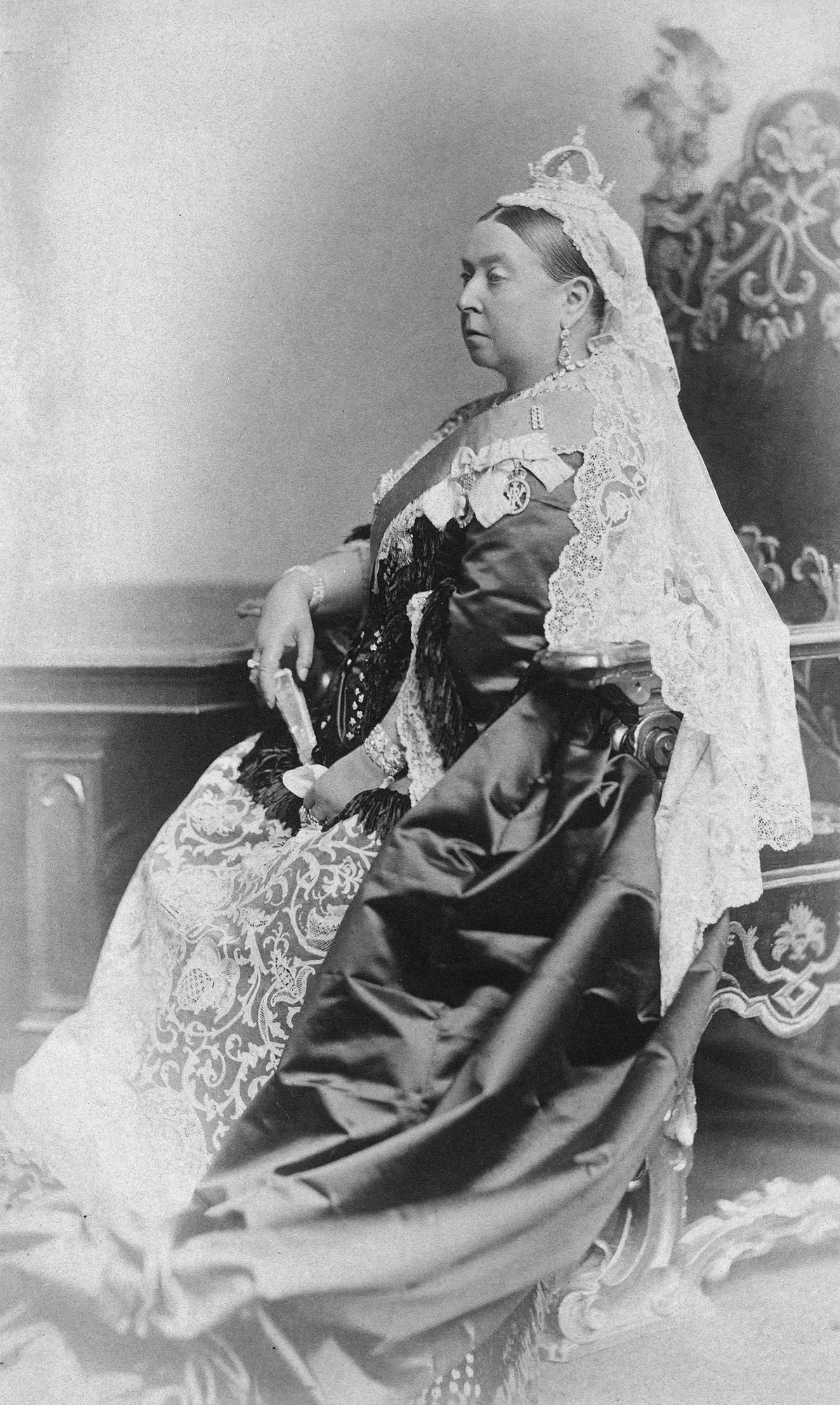I. Essential Questions
- How is Coleridge's tone and manner different than previous writers (in the 18th Century) and even contemporaries (such as Jane Austen)?
II. Background Notes
Read the following:
- Read this and any other tab on Samuel Taylor Coleridge (1772–1834)
- Read of his death from Poets' Graves
- Years
- Religious Ideas
- Literary Philosophy
- Career
- Struggle with Laudinum (opium)
- Death

III. Terms
IV. Reading
- "Inscription for a Fountain on a Heath"
- "Kubla Khan"
- "On Donne's Poetry"
- The Rime of the Ancient Mariner (illustrated be Gustave Dore)
- For More: Poems
V. Journal: Coleridge (Rime of the Ancient Mariner)
- After Part the Fourth
- 1. Why can't the mariner pray effectively? When this changes, what does the mariner attribute the change to? The reader may partly agree with the mariner but sees another reason (perhaps related) for the change. What is it? Why is this fitting?
- 2. In the Bible, is there ever a time when we learn that our prayers will be hindered by our actions? Or that God does not listen to or says that he will not listen to a prayer? Where? How does that relate to the the prayers of the ancient Mariner? Do you think God would ever refuse to hear someone's prayers today?
- After Part the Sixth
- 3. Again the ancient Mariner cannot pray. Why not? Why can he pray again? What might this reflect about our own repentance?
- After Part the Seventh
- 4. Every vision of life on earth is, in some way, a vision of the good life. According to the Mariner, what is the good, sweet life? How does his understanding of the good life contrast to his experience on the ship?
- 5. According to the Mariner, what is essential to effective prayer? How might we restate his idea to be a general principle of approach to life that helps us remain in a ready state for prayer?
- 6. Who is a "sadder and a wiser man" at the end of the poem? Why would the person be sadder?
- 7. Application:
- Did you feel any sadder or wiser during or after reading this poem? Why or why not?
- 8. Does the Bible ever say that wisdom and sadness may go together? Or not go together? Find one verse, passage, or story that supports the idea of wisdom and sadness naturally going together or not naturally going together.
- 9. Why do you think that sad or tragic things often seem more wise and mature than comic things? Have you ever found tragic and comic effect reversed (where the comedy seems deeper than some tragedy)? Explain.

VI. Further Thoughts
The Waterboys
Bastille
Johnny Cash
